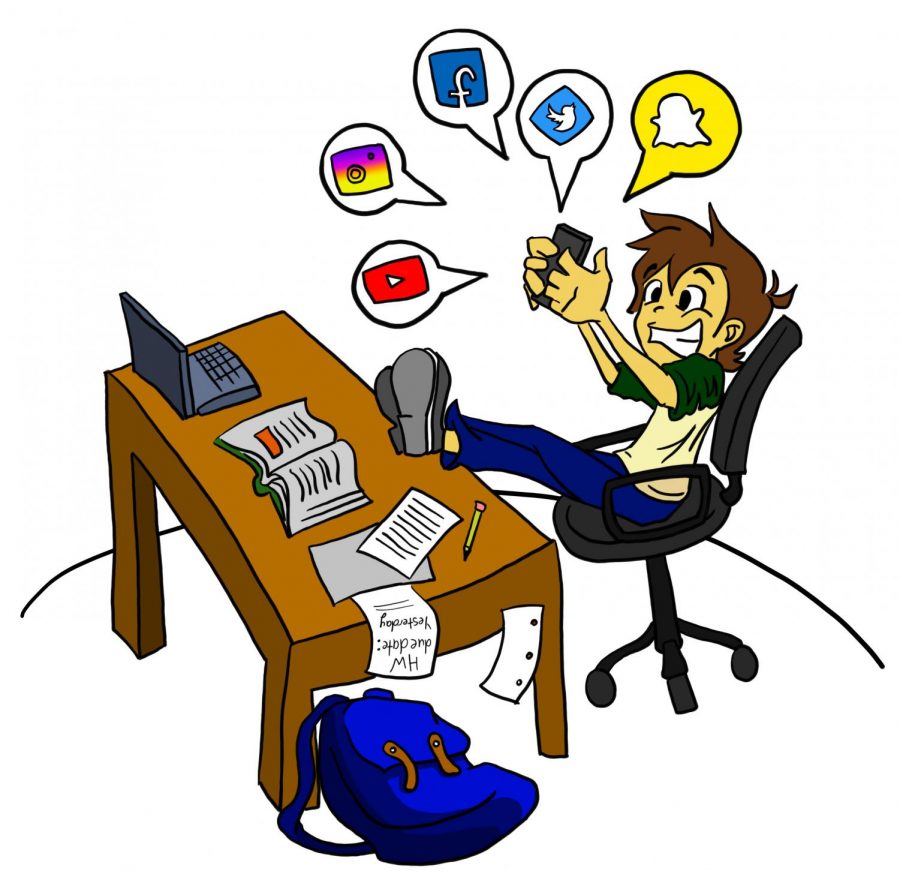Digital Citizenship
A responsibility that comes with technology--technology is a privilege
Citizenship is a "relationship based on mutual trust and understanding with others"; digital citizenship is this responsibility to the community in a digital setting (https://www.iste.org/explore/discord-civil-discourse-human-side-digital-citizenship)

Add text
A openness to diverse opinions

Educating students on how to communicate respectfully in digital spaces, such as teaching students to seek clarification in lieu of rebuttal (https://www.iste.org/explore/discord-civil-discourse-human-side-digital-citizenship)
ISTE Standard 3A
Knowing when technology is not the most appropriate manner of communication. Often face-to-face socratic seminars or discussions are more effective, especially when polarization occurs.
Assessing the validity of online sources

Educating students on recognizing suspicious links and unreliable/dangerous sources (https://www.utep.edu/extendeduniversity/utepconnect/blog/march-2017/4-ways-to-differentiate-a-good-source-from-a-bad-source.html)
Providing free digital resources that are safe and reliable for students (https://www.techlearning.com/resources/digital-citizenship-framework-updated)
ISTE Standard 3B
Using technology to empower
Educating students to communicate respectfully online "develops empathy," leading to social activism (https://www.iste.org/explore/discord-civil-discourse-human-side-digital-citizenship)

Living in a digital world, people can impact others through technology, such as donating electronically or blogging.
ISTE Standard 3A & 3C
Changing the dialogue from "don't's to do's" (https://www.iste.org/explore/discord-civil-discourse-human-side-digital-citizenship)
Understanding your technology footprint
Inspiring students to be the example of an ethical technology user (https://www.iste.org/explore/discord-civil-discourse-human-side-digital-citizenship)
ISTE 3C & 3D
Educating students about their "digital" footprint and about pop-up ads, which use IT to catch a user's attention (https://www.aeseducation.com/blog/what-is-digital-citizenship)

Teaching students how to block an offensive user and report inappropriate content. Every technology user plays a role in promoting an inclusive, respectful digital world (https://www.iste.org/explore/discord-civil-discourse-human-side-digital-citizenship)
Managing screen time
Online classrooms have positive and negative implications. Remote classes allow for greater flexibility, but also eliminate the in-person interaction so integral to student development. Teachers have to draw the line between hands-on and hands-off time with technology (https://www.digitalcitizenship.net/nine-elements.html)
Teachers should promote school athletics and activities that minimize a student's excessive technology use.

Teachers can block irrelevant/inappropriate websites through school wifi and use screen monitoring programs.
Understanding the learning limits of technology, specifically the advantages to pen and paper and technology's distracting tendency.